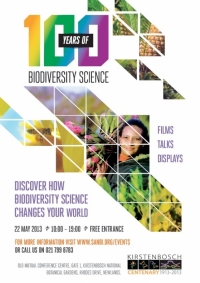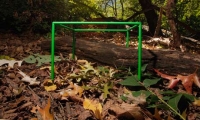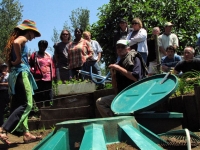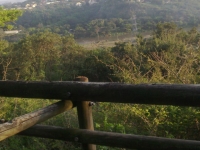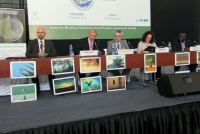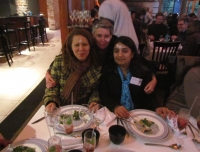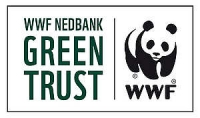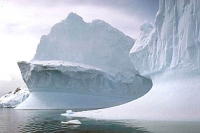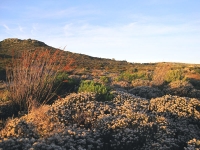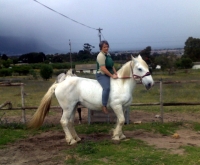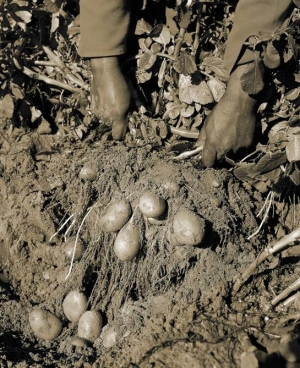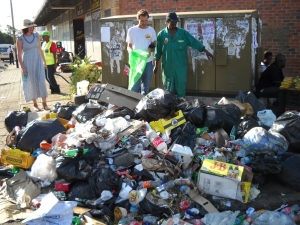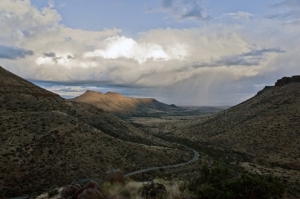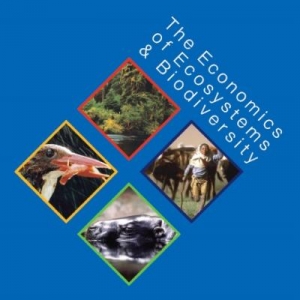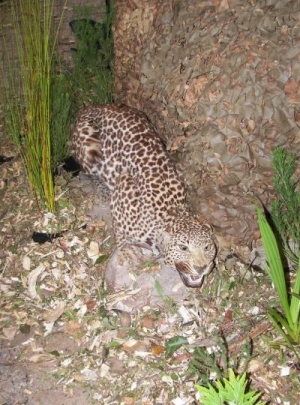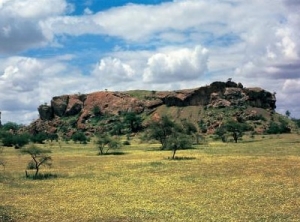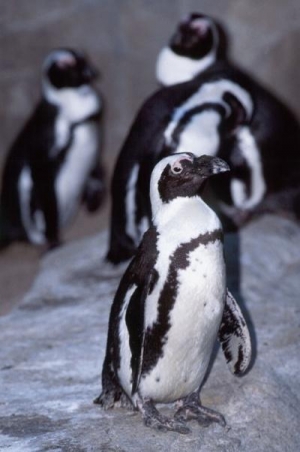These problem species wreak havoc with ecosystems and are one of the main drivers of biodiversity loss worldwide, with their effects only expected to worsen with predicted climate change.
Have you ever wondered how biodiversity science affects your everyday life? If so, a visit to Kirstenbosch Botanical Garden on International Biodiversity Day on 22 May can give you many of the answers.
Photographer David Liittschwager has captured the beauty of biodiversity by placing a cube in a variety of habitats and recording whatever moves through it. The fate of humanity may depend on these micro-environments.
Before one can even contemplate getting off the electricity grid it is necessary to reduce one’s electricity usage – in many instances quite dramatically. This generally entails a change in lifestyle and the giving up of much-loved appliances, such as tumble dryers and air conditioners.
Every morning, I wake up to the sunrise over the sea and go for an early morning walk in Burman Bush. Upon entering this nature reserve, the sweet scent of the many plants tickle your nostrils and your ears pick up the many different bird calls.
Last month, sub-national biodiversity summit Cities for Life was held to take stock of progress since the previous Cities Biodiversity Summit at the CBD COP 10. The latest tools, initiatives and networks illustrated the value of bringing nature back into cities.
Living fences are a sustainable and beautiful alternative to conventional construction. This offers farmers, wildlife, and plants numerous advantages.
"It is hard to care about something if you can’t recognise or name it, so learning to name what you spot in nature is important.” So said Carmel Mbizo during the launch of iSpot, an online biodiversity application where all citizens from taxonomists to the domestic gardener can participate in biodiversity recording, monitoring and indentification.
Over the past 21 years the WWF-Nedbank Green Trust has contributed nearly R115 million to more than 180 environmental projects in South Africa.
Antarctica’s reputation as one of the most pristine environments on earth is being threatened by foreign plants and animals that are unwittingly being brought to the icy continent in the luggage of tourists and scientists. Changing climates are making matters worse, and are making it easier for these plants to establish, to become invasive, and to ultimately disturb the naturally occurring Antarctic ecosystems.
The World Bank has partnered with the government of South Africa and others to conserve and protect South Africa's biodiversity.
What attracted me to Waterkloof wines, as a horse lover, was that they use horses in their vineyards. I reckoned it was to lower their carbon footprint, but Christiaan Loots, the farm manager, assured me that it was economically motivated.
‘Farming for the Future’ is a holistic approach based on working with nature instead of against it, which seeks to combine the best of conventional farming with the best of organic farming. Woolworths recently audited 15 of their largest fruit and vegetable growers, who supply some 37% fresh produce on a total area of about 45 000 hectares.
'Many hands make light work'. This idiom was particularly true for the Climate Train on Monday, 7 November, when the entire team came together for a collaborative AMbush (guerrilla gardening) on the corner of Market and George Street, Krugersdorp.
These days few can dispute mankind is in dire need of alternative, renewable and sustainable energy sources. Few can moreover argue the necessity for energy development that does not come at the adverse auxiliary cost to the environment.
The history of post-War economic growth has been one of unsustainable consumption: unsustainable for the planet€™s ecosystems, for its species diversity, and indeed, for the human race
United Nations Convention on Biological Diversity (CBD) Executive Secretary Ahmed Djoghlaf has become an Honorary Councillor of the World Future Council (WFC).
The United Nations designated 2011 €“ 2020 as the United Nations Decade on Biodiversity. The word is dropped into conversations daily, but we don€™t know how much it actually means for South Africa.
On 8 April 1933 a remarkable discovery was made in the Transvaal. A grave of unknown origin, filled with gold-work, was found on a natural rock stronghold in a wild region. This site was Mapungubwe Hill, which serves as the capital of the ancient Mapangubwe Kingdom, situated on the borders between South Africa, Zimbabwe and Botswana.
Learn about endangered turtles, ornithology careers, Africans penguins and many other fascinating members of our earth at the FREE Biodiversity Expo from 5 to 8 May at Kirstenbosch National Botanical Garden.






